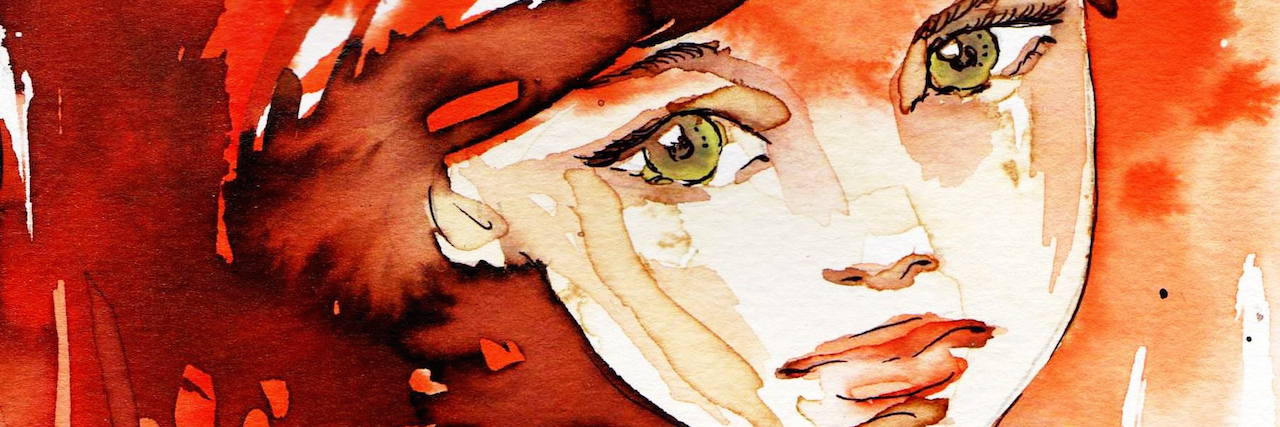5 Reminders for Millennials Struggling With Mental Illness
There are some pretty harmful judgments surrounding one of the internet’s new favorite topics: millennials. Whether you are part of the “new” millennial crowd or the “old,” it really sucks to be told you are “entitled” and “lazy” — especially when you’re really not.
As someone who is part of the now-infamous “millennial generation,” it can be easy for me to wrongfully apply these stereotypes to my life in regards to my mental illness. So, to my fellow millennials struggling with mental illness, this one’s for you. Here are five reminders for hard mental health days when it can be easy to believe you are exactly what the internet says about you.
1. Asking for help doesn’t make you any less of an adult.
This is a lesson I have to keep relearning over and over again. For some reason, I keep believing that once I don’t need to ask for help, I’ll finally have made it to adulthood. Depression often obscures the reality of things in my life, and allowing someone to help me when I’m struggling gets me out of the cycles of cognitive distortion a lot faster. This happened at work recently, and a kind woman at work walked with me and listened as I cried and told her about the bottled up stress I had been experiencing. I felt a lot better after talking about it. I’m learning in my life, the mark of adulthood is acknowledging when I need help and asking for it.
2. Wanting affordable access to health care doesn’t make you “entitled.”
I believe a young person wanting access to health care is indicative not of entitlement, but of being responsible about health and well-being. After graduating from college, one of the biggest hurdles I faced was getting health care. I struggle with anxiety and depression, so mental health care was a big priority for me. Because of my modest income, I couldn’t afford to pay the premiums insurance companies charged monthly. I needed government assistance through the Affordable Care Act. For me, needing and taking advantage of resources provided by the government doesn’t equal entitlement, it equals being responsible about my mental health recovery. I believe we should encourage young folks who want health care at a cost they can manage.
3. Using technology to aid your mental health recovery doesn’t make you “technology obsessed.”
There are so many amazing apps that aid in mental illness recovery. Whether you struggle with an eating disorder, anxiety or depression, there’s an app out there to help. Some argue that millennials in general use technology more often than we should, and maybe in many cases that is true, but when it comes to recovery, it’s just wise to use the resources readily at your disposal.
4. Taking time off to take care of your mental health doesn’t mean you are “lazy.”
When you struggle with a mental illness, you’re usually working with fewer “spoons” than many of your peers, so it’s only natural that some days you need to take a break. Depending on where you are in your recovery and what genetic and environmental factors are present in your life, taking time off of school or work may be a reality, and that’s OK. You are not “lazy” for prioritizing your well-being.
5. Having a mental illness doesn’t mean you “can’t handle life.”
Oftentimes, we millennials are viewed as being unable to handle the challenges life presents. When you struggle with a mental illness, life can be really difficult — and struggling doesn’t mean you don’t have resiliency skills.
It’s probably also an appropriate time to mention that being proud of yourself for getting through a hard mental health day doesn’t mean you are “expecting a trophy” for your efforts. It’s a good thing to pat yourself on the back for getting through a hard day. I know I’m proud of you.
We want to hear your story. Become a Mighty contributor here.
Thinkstock photo via bruniewska

